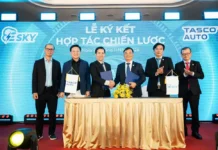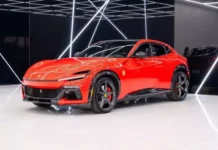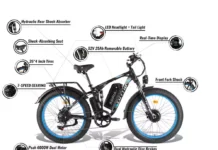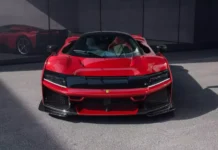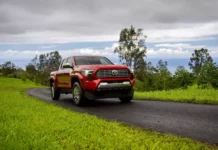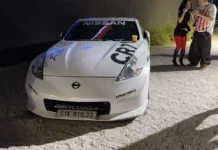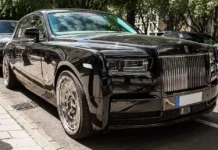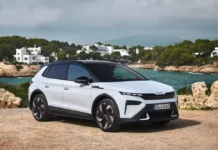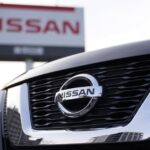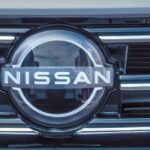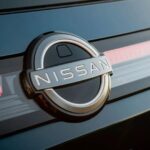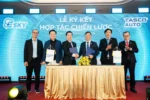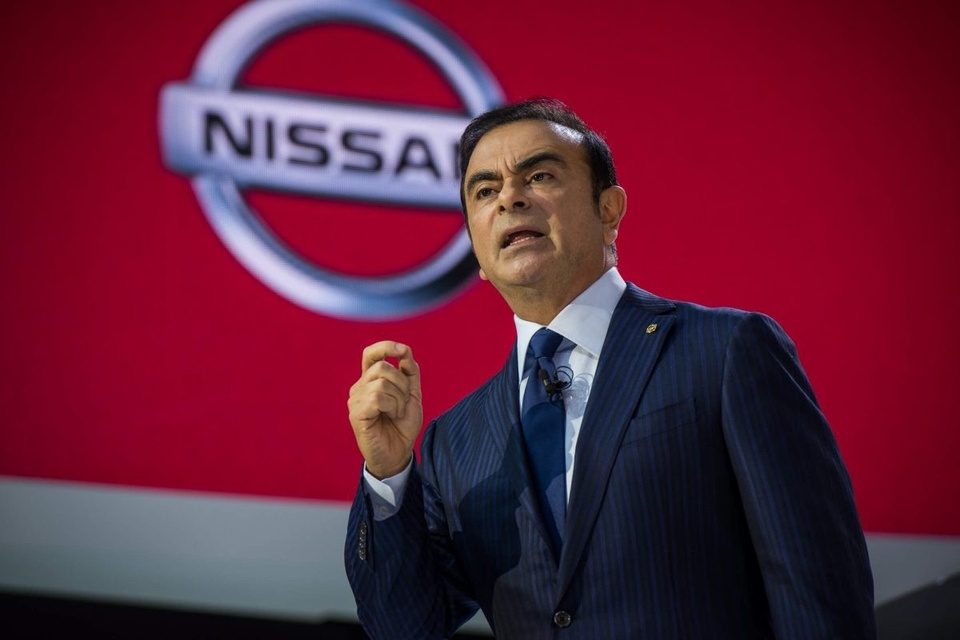
|
The media frenzy surrounding the potential partnership between Honda and Nissan has captured global attention. In a recent interview with Bloomberg, Carlos Ghosn, Nissan’s former CEO from 2001 to 2017, shared his insights.
“Nissan’s partnership with Honda is merely an attempt to escape its current troubles, while Honda is less than thrilled about the union,” Mr. Carlos told Bloomberg. “In my opinion, Nissan and Honda are too similar. They compete in the same markets, offer similar product ranges, and their technologies are not significantly different. It is possible that the Japanese government exerted pressure on Honda to enter this deal,” he added.
Mr. Carlos emphasized that based on his experience and insights gathered over the years, Nissan is facing significant challenges and is in dire straits. Meanwhile, the Japanese government is reluctant to let one of its prominent brands fall into the hands of a foreign company or conglomerate.
|
|
|
Honda is set to join forces with Nissan if the deal is sealed. |
Recalling a similar scenario, GM faced financial woes in 2008, with declining sales and a struggling financial situation, ultimately filing for bankruptcy in June 2009. The U.S. government injected over 40% of the total funds accumulated from the TARP program, amounting to more than 80 billion USD, to rescue GM.
Looking back at another instance, BMW acquired Mini Cooper from the British Motor Corporation (BMC) in 1996, and since then, Mini Cooper has been associated with Germany rather than the UK.
In 2005, facing disappointing business performance and the risk of bankruptcy, the owner of MG was compelled to sell the brand to Nanjng Automotive, a Chinese car manufacturer. After multiple changes in ownership, MG is now under the SAIC Motor umbrella.
Nissan has been on a downward spiral in both domestic and international markets over the past two years. In its latest quarterly report for Q3 2024, the brand witnessed an 85% drop in profits, resulting in a net loss of approximately 60.1 million USD.
|
|
|
Mini Cooper. Photo: CarnewsChina. |
In the first three quarters of 2024, Nissan slipped to the 17th position in global sales rankings, overtaken by BYD. The company was forced to lay off over 9,000 employees at its Japanese plants to cut costs.
On December 23, Nissan, Honda, and Mitsubishi signed a Memorandum of Understanding (MOU) to explore the possibility of establishing a joint-stock company. This move represents the latest effort to rescue Nissan from its ongoing crisis.
Recommended Reads for Your Journey
Our ‘Xe’ section offers an array of captivating book titles to engage your mind during your travels. Whether it’s a quick break or a lengthy journey, these books will surely keep you entertained.
The Ultimate Driving Machine: BMW Unveils New i5 with Extended Range, X3 and 2-Series Get a Power Boost
According to Carscoops, BMW has unveiled an extensive list of models that are set to receive updates this year. The German automaker is pulling out all the stops with enhancements that include improved battery capacity for its electric vehicles, brand-new engines for gasoline-powered cars, and additional equipment across the board.

